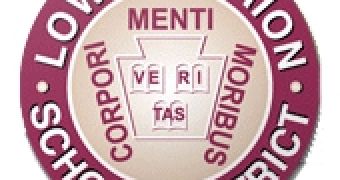The US Attorney's Office said that no criminal charges will be brought in the case of Lower Merion School District, one day after the latter announced a new set of regulations governing its troubled One-to-One laptop program.
Back in February, the Lower Merion School District (LMSD) in Pennsylvania attracted a lot of attention from the media for all the wrong reasons, after it was revealed that the MacBook laptops issued to its students were taking snapshots of them in their homes.
The webcam photos, accompanied by screenshots and other identification data were collected anti-theft software installed by default on all school-issued portable computers, who's use was apparently not properly regulated.
The incident resulted in a civil lawsuit filed by the parents of one of the affected students, which currently awaits class action certification, as well as a criminal investigation.
Today, Philadelphia US Attorney Zane Memeger announced that "After a thorough review of the evidence in this matter by my office, the Federal Bureau of Investigation, the Montgomery County District Attorney's Office, the Montgomery County Detectives, and the Lower Merion Police Department, I have concluded that bringing criminal charges is not warranted in this matter."
"For the government to prosecute a criminal case, it must prove beyond a reasonable doubt that the person charged acted with criminal intent. We have not found evidence that would establish beyond a reasonable doubt that anyone involved had criminal intent," he explained.
Meanwhile, the school district announced that on Monday its board of directors voted on revised policies for the One-to-One laptop program.
The new regulations prohibit the district from engaging in any type of remote monitoring, including activation of webcams, or accessing a student's computer without formal permission from them and their parents.
Theft tracking software will be kept installed on laptops, but will no longer have the ability to capture screen shots, audio, video or on-screen text. Also it will only be activated if the student's guardians file a police report and sign a consent form.
"After months of consulting with experts in the field and the Technology Advisory Council, we are confident that these revised policies will allow us to retain the One-to-One program in a way that promotes the best interests of our students," commented LMSD Superintendent Christopher J. McGinley.

 14 DAY TRIAL //
14 DAY TRIAL //